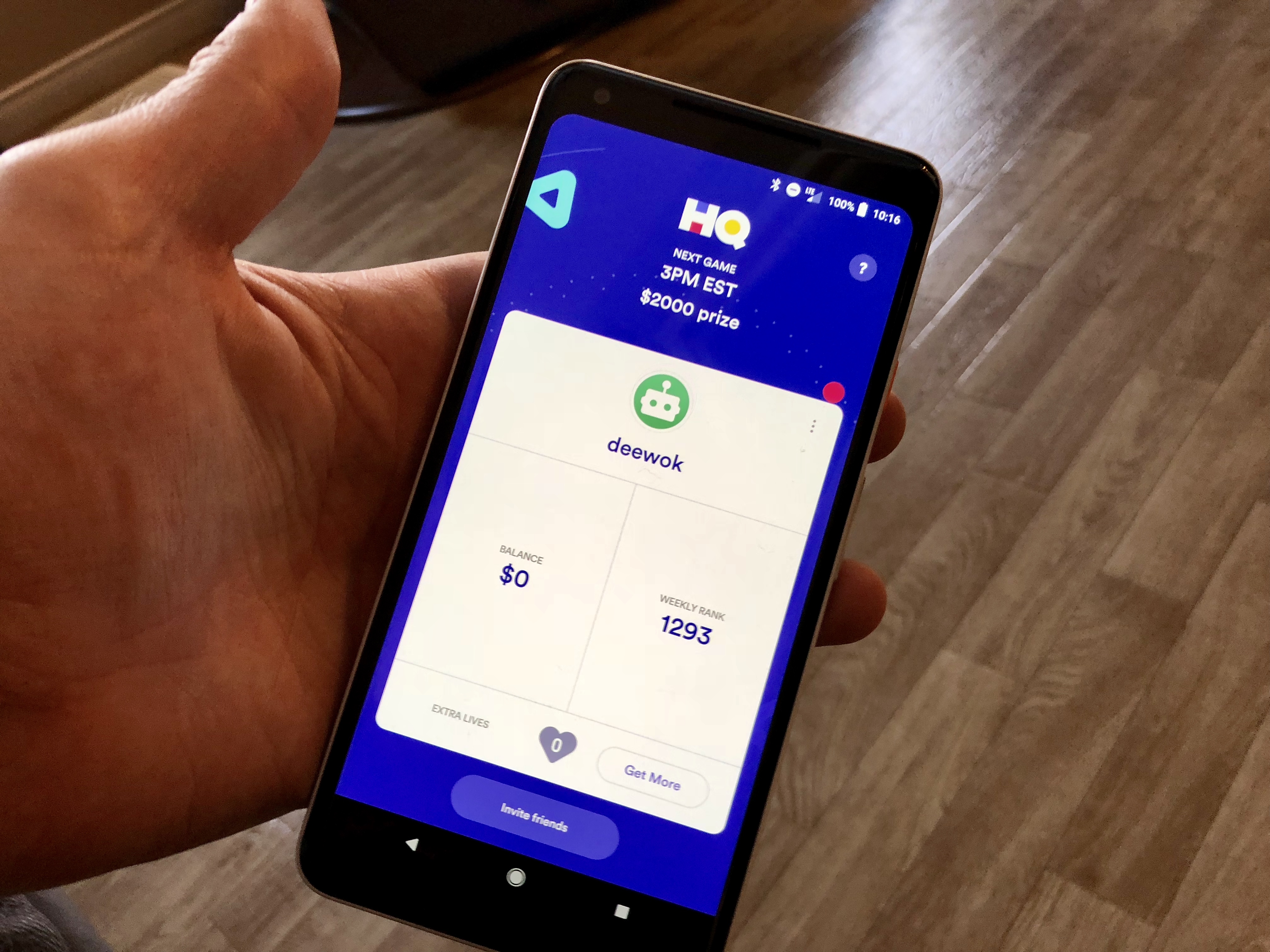Uber rival Cabify has raised another $160M at a $1.4B valuation

Cabify, the Madrid-based startup that competes with the likes of Uber and 99 in Latin America as well as the Iberian peninsula, has closed out another round of funding as competition continues to heat up in the on-demand transportation sector. Cabify’s parent company Maxi Mobility has raised $160 million at a valuation of $1.4 billion, the company confirmed to TechCrunch today.
The Series E comes from a mix of previous and new investors including Rakuten Capital, TheVentureCity, Endeavor Catalyst, GAT Investments, Liil Ventures, WTI as well as prominent local investors form Spain and Latin America.
It’s not clear how the valuation in this round compares to Maxi’s previous valuation. In May last year, Maxi Mobility, which also includes the Brazil-HQ’d Easy Taxi business acquired from Rocket Internet in April 2017, raised $100 million in a Series D but would not disclose at what amount. Previously to that, it was valued at a mere $320 million in 2016.
More importantly, the funding comes at a moment when transportation startups are revving up their engines in Latin America.
Earlier this month Didi acquired 99, based out of Brazil, to double down on the Latin American market. The Brazilian rival is valued at around $1 billion, but now has a huge and well capitalised owner behind it.
Cabify and Easy operate in 14 countries in their geographical footprint and the focus now, it seems, will squarely be on expanding its business in those markets rather than breaking into new ones. In other words, Cabify is hoping to use the investment to capitalise on its existing positions in these markets rather than undertake the costly effort of breaking into new ones.
“We are thrilled to welcome this new group of investors, and to continue to strengthen our relationship with Rakuten Capital. We have a shared vision of transforming mobility in the cities and improving the quality of life for their citizens,” said Juan de Antonio, CEO of Maxi Mobility, in a statement.
Cabify has been through some ups and downs as a business in the last year.
On the positive side, it’s one of the clearly stronger players in the bigger development of strong regional on-demand transportation startups.
Regional players are developing at the same time that the likes of Uber and Didi are building out global footprints, and they are notable because as they grow, they become interesting alternatives for consumers, and potential partners or acquisitions for other kinds of companies that are hoping to move into this business. (One notable example is Daimler, which has been snapping up a number of regional “Uber rivals.” And Maxi itself has also been a beneficiary of that consolidation.)
Cabify is also one of the rare few on-demand transportation services that has claimed profitability — specifically it’s claimed this in the past and today it’s “very close.”
“We are profitable in some markets,” a spokesperson told TechCrunch, “and Maxi Mobility as a whole is very close to reaching profitability.”
The company said that in 2017 it grew 500 percent in gross revenues and travel requests, tripling its installed base and expanding its trips six times versus 2016. Easy has seen demand grow 60 percent.
Notably, profitability has been hard to come by in the transportation startup world. “The part of the business that is not going well [for us] is the profitability part,” joked Uber’s CEO Dara Khosrowshahi in an interview on stage at DLD today in Munich. “We have some details to work out in that part… This business has been tuned for growth, not necessarily for efficiency.”
Understandably, this is therefore one of the things that has attracted investors
“Maxi Mobility has done an excellent job in balancing a high level of growth with unparalleled financial discipline in this industry, as demonstrated by the results achieved in 2017,” said Laura González-Estéfani, Founder and CEO of TheVentureCity, in a statement. “This is a product of their focus on making operational improvements, strengthening of their customer centric brands and building of a very solid team.”
But it has not all been smooth sailing.
On the more challenging side, last year the company faced a strong backlash from consumers when a Cabify driver was arrested for the murder of one of his passengers — leading many to ask about what kinds of protections and precautions the company is making when screening drivers.
Of course, if you have been following some of the other trials in tribulations of the on-demand industry, you might say that this is part of a bigger series of issues for these companies, which have been growing very fast and as a result may have failed to have enough oversight of some of the potential problems that would arise from that.
I think there is still a long way to go for these companies, regardless of these problems — or whether they really will, as they have promised, completely change the face of transportation as we know and use it.
It’s a bet that investors seem to be willing to take for the moment.
“Maxi Mobility’s rapid growth and consolidation demonstrates the enormous potential of the group. We are delighted to continue to back their vision, innovation and their leadership in mobility disruption,” said Oskar Mielczarek de la Miel, Managing Partner of Rakuten Capital, in a statement. “The Maxi Mobility team, under Juan de Antonio’s leadership, not only stands out for its drive and tenacity, but also for the strong ethical values they demonstrate in their daily work.”
Published at Mon, 22 Jan 2018 15:15:15 +0000




